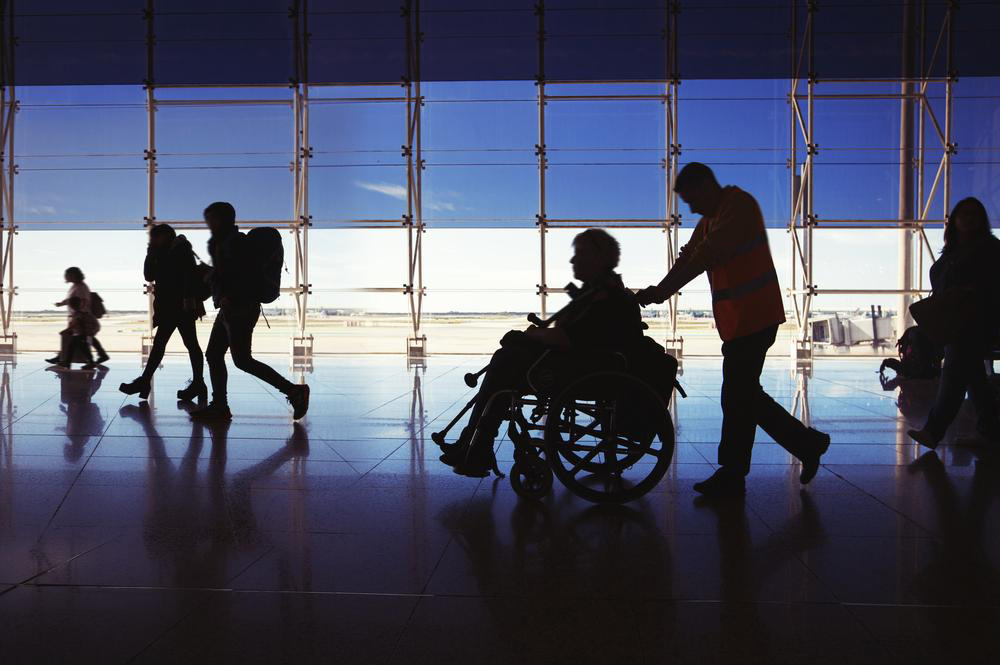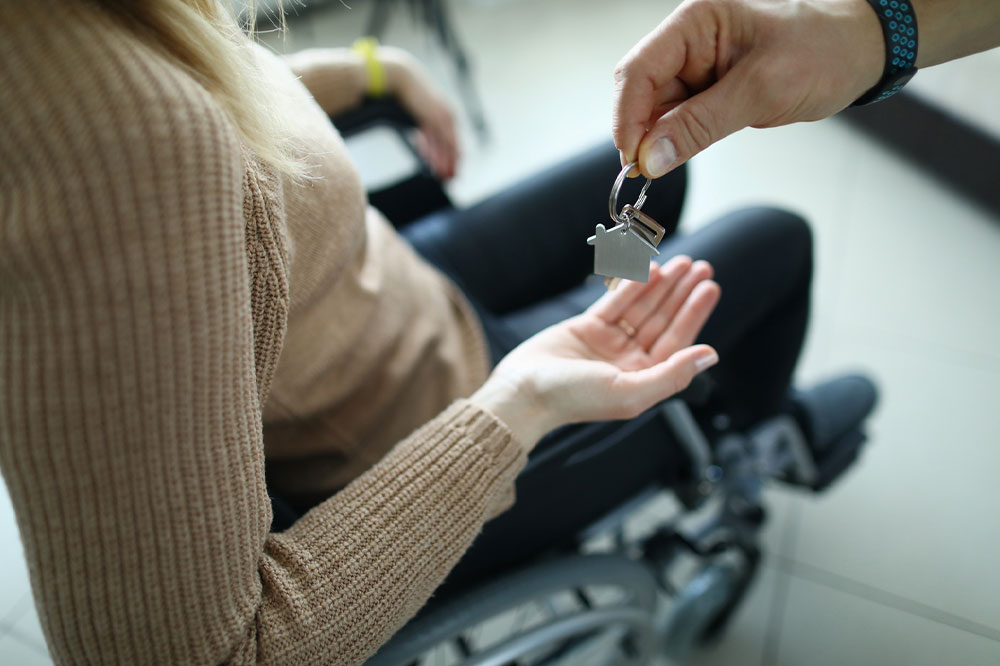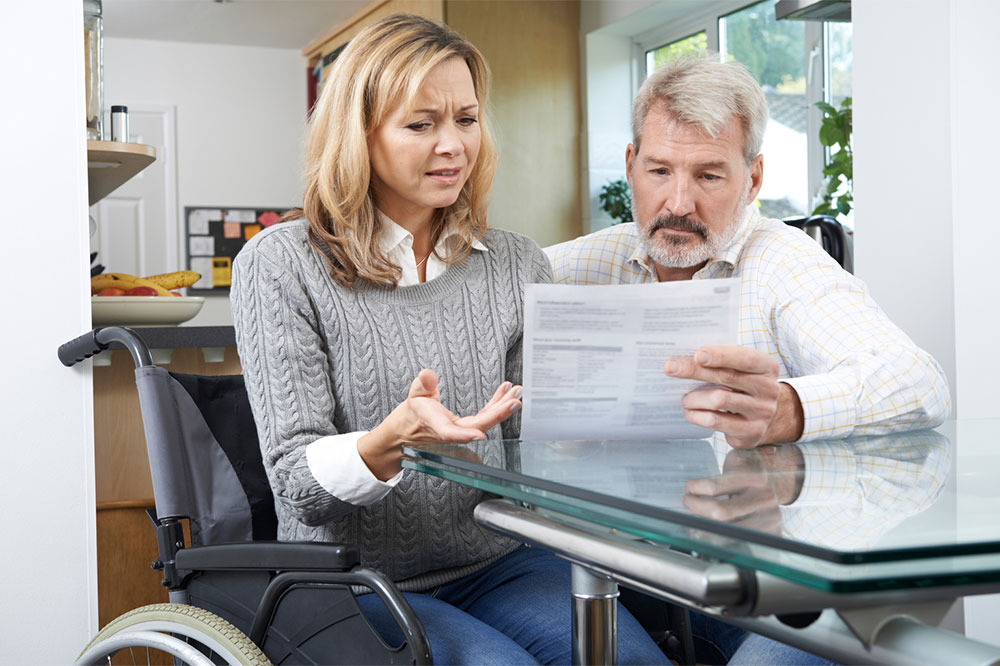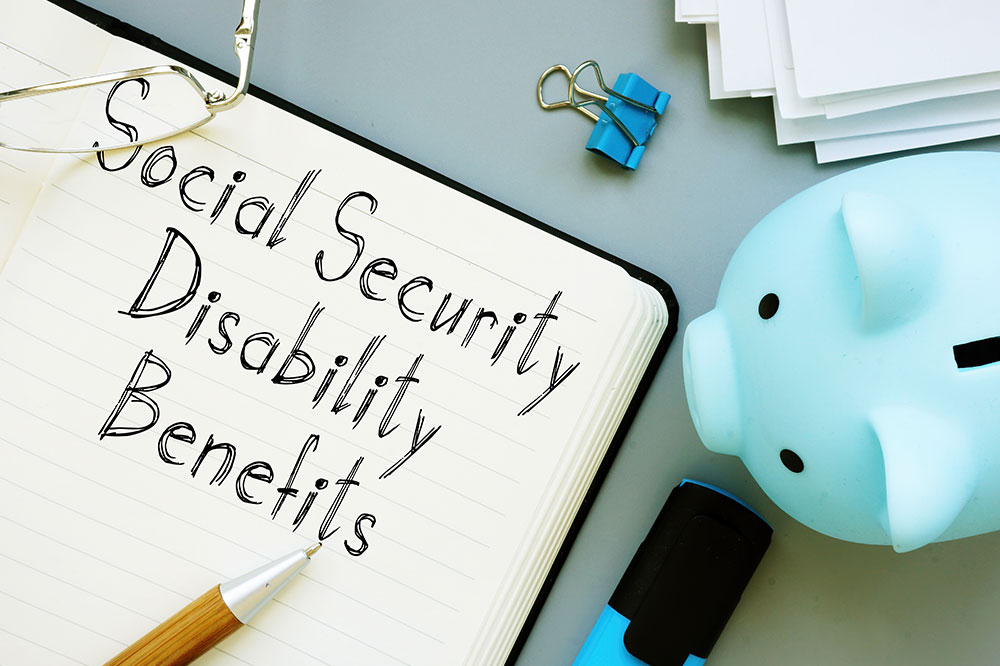Support Measures for Persons with Disabilities
This article highlights the key support provisions for persons with disabilities in the United States. It covers housing rights, accessibility modifications, and legal protections designed to promote independence and inclusion for the disabled community. The federal and local initiatives ensure equal opportunities and accessible environments for everyone. Understanding these support measures helps disabled individuals better navigate their daily lives and participate actively in society.
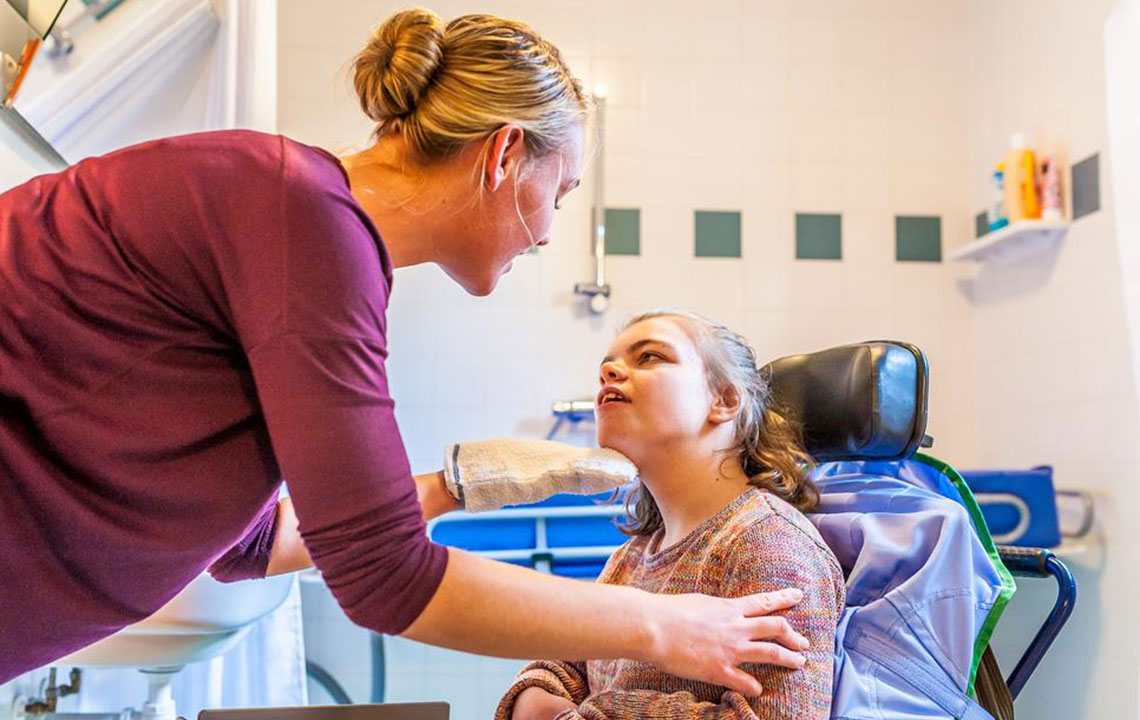
Support Measures for Persons with Disabilities
Individuals with disabilities may experience challenges that are mental, emotional, or physical in nature. While living with a disability can be demanding, appropriate support and accommodations significantly improve their quality of life. The U.S. government offers various programs and facilities to assist people with disabilities, enabling them to integrate more fully into society. These services aim to facilitate a normal community life for the disabled. Let’s explore these provisions in detail.
Housing Support: According to the Fair Housing Act, landlords are required to provide reasonable modifications to make housing more accessible for persons with disabilities. This includes allowing tenants to make certain alterations to their living spaces and ensuring accessible common areas.
This legislation helps ensure equal housing opportunities for disabled individuals. For example, landlords who typically ban pets may need to accommodate a guide dog for a visually impaired tenant. The law also encourages modifications such as wider doorways, accessible bathrooms, and kitchens, making it easier for wheelchair users to navigate their homes.
Accessibility Modifications and Rights: Various accommodations are provided to facilitate the public’s access for persons with disabilities. Service animals like guide dogs are allowed in places where pets are normally prohibited, and visually-impaired individuals are permitted to use white canes. Hearing aids and assistive telecommunications devices are also authorized in public spaces like libraries, including talking books and speech-to-text tools.
The federal Office of Developmental Disabilities (ADD) is dedicated to empowering people with developmental disabilities to live independently and safeguarding their rights. ADD collaborates with state, federal, non-profit, and private sectors to support families and individuals with disabilities.


